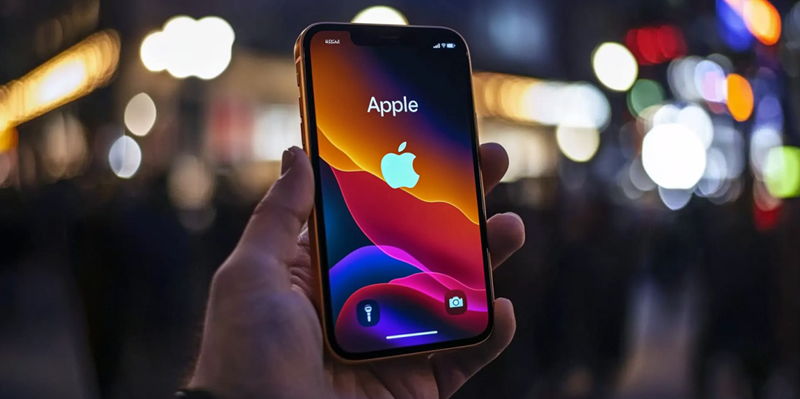Apple has initiated a critical security update for its range of operating systems, including iOS, iPadOS, macOS, visionOS, and the Safari browser, to address two significant zero-day vulnerabilities actively exploited in the wild. These vulnerabilities, identified as CVE-2024-44308 and CVE-2024-44309, pose serious threats, with the former scoring an impressive 8.8 on the Common Vulnerability Scoring System (CVSS) scale. This high score is due to its ability to allow the execution of arbitrary code through malicious web content. The latter vulnerability has a CVSS score of 6.1 and involves a cookie management flaw that could lead to cross-site scripting (XSS) attacks. Specifically, these vulnerabilities may have targeted Intel-based Mac systems, prompting Apple to implement enhanced security checks and better state management to mitigate these threats effectively.
The discovery of these vulnerabilities is credited to Clément Lecigne and Benoît Sevens from Google’s Threat Analysis Group, who suggest that the flaws might be exploited in targeted attacks possibly backed by governments or used in mercenary spyware operations. The comprehensive list of affected devices includes various models of iPhones, iPads, Macs, and the new Apple Vision Pro. Users should take note that the updated versions—iOS 18.1.1, iPadOS 18.1.1, iOS 17.7.2, iPadOS 17.7.2, macOS Sequoia 15.1.1, visionOS 2.1.1, and Safari 18.1.1—are now available and should be downloaded promptly to secure devices against any potential exploitation of these vulnerabilities. This step is crucial as it brings the number of zero-day vulnerabilities addressed by Apple in 2024 to a total of four, following a previous flaw exposed during the Pwn2Own Vancouver hacking competition.
Ongoing Cybersecurity Challenges
The swift action by Apple in releasing these updates underscores the ongoing challenges in the realm of cybersecurity and the constant need for vigilance against emerging threats. This scenario highlights the critical importance for both companies and end-users to ensure their devices are consistently updated with the latest security patches. Given the potential for these zero-day vulnerabilities to be utilized in highly targeted attacks, possibly involving advanced persistent threats, the implications for individual and corporate security are significant. The adoption of these patches is a testament to Apple’s commitment to safeguarding its user base against sophisticated cyber threats.
Security experts consistently emphasize the importance of timely software updates and routine system checks to defend against these ever-evolving vulnerabilities. For end-users, this means maintaining a proactive stance on cybersecurity measures and understanding that these updates are not mere formalities but critical components of a comprehensive defense strategy. This responsibility extends beyond merely updating personal devices, encompassing an awareness of the broader cybersecurity ecosystem and the emerging threats that define it. Vigilance, along with prompt adoption of recommended updates, plays a pivotal role in maintaining overall system integrity and resilience against sophisticated cyber-attacks.
Call for User Vigilance and Immediate Action
Apple has released an essential security update for its operating systems, including iOS, iPadOS, macOS, visionOS, and the Safari browser, to fix two serious zero-day vulnerabilities currently being exploited in the wild. These vulnerabilities, named CVE-2024-44308 and CVE-2024-44309, represent major threats. The former, with a CVSS score of 8.8, can allow the execution of arbitrary code via malicious web content, while the latter, scoring 6.1, involves a cookie management flaw that could result in cross-site scripting (XSS) attacks. Specifically, these issues appear to have targeted Intel-based Mac systems, leading Apple to enhance security checks and improve state management to counter these threats.
These vulnerabilities were discovered by Clément Lecigne and Benoît Sevens from Google’s Threat Analysis Group, pointing to potential use in government-backed targeted attacks or mercenary spyware operations. The updated versions—iOS 18.1.1, iPadOS 18.1.1, iOS 17.7.2, iPadOS 17.7.2, macOS Sequoia 15.1.1, visionOS 2.1.1, and Safari 18.1.1—are now available, and users should update immediately to protect their devices. This update is crucial, marking the fourth zero-day flaw addressed by Apple in 2024, following an earlier vulnerability revealed during the Pwn2Own Vancouver hacking competition.

